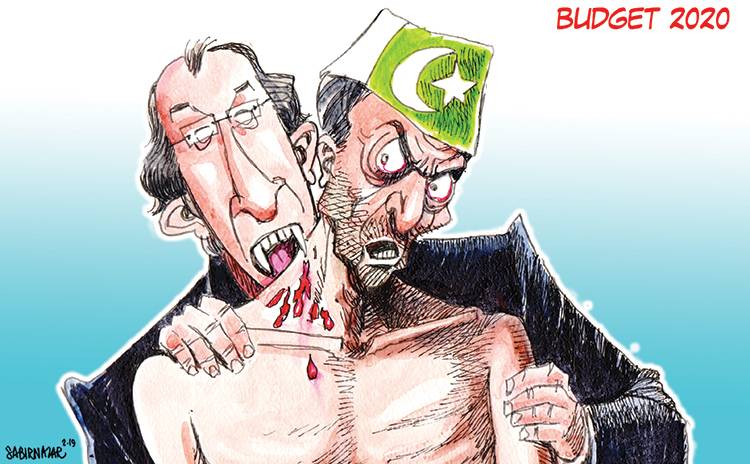
Polio campaign
Madam,
A polio vaccination campaign kicked off in Karachi on Monday with the aim of vaccinating 1.5 million children under five years of age in the city. The campaign will continue for seven days in which 7,000 polio teams will perform duties in 105 union councils of the city along with Rangers who will also patrol various areas of the city.
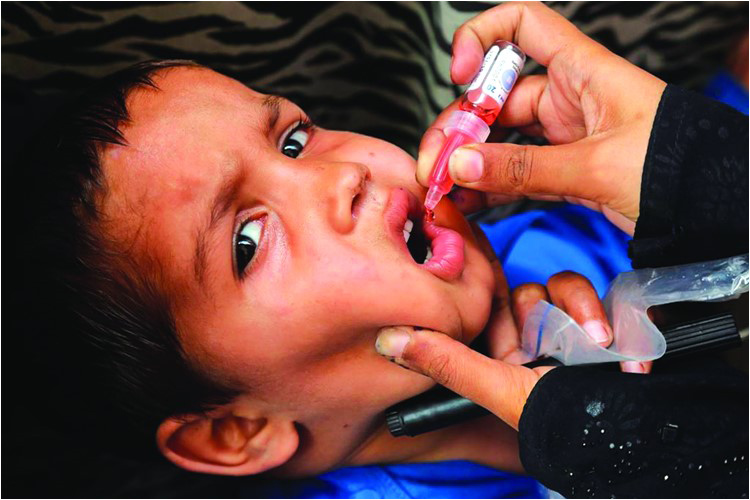
According to a report, 23 cases of polio were reported in Pakistan this year; three cases were recorded in Sindh and two of them were in Karachi. I do appreciate the efforts of authorities for eradication of the polio virus in the country. I believe awareness campaigns to educate the public are needed so that people feel more confident when inoculating their children. As a responsible citizen, I request the authorities and the government of other provinces to take serious steps to eradicate the dangerous virus in the country. Also, it is my appeal to the World Health Organization (WHO) to pay attention to our beloved country and to play its role in helping us eradicate this virus.
Zunaira Khalid,
Karachi.
Road to democracy
Madam,
The road to democracy has always been rough ever since Pakistan became a reality. Early managers of the post-colonial sate absorbed themselves in the goal of state consolidation. To this end, they resorted to several authoritarian measures in the hope of strengthening the nascent state, which, as an unintended consequence, fostered an undemocratic culture in the land of the pure. The dissolution of an elected government in North West Frontier Province (now Khyber Pakhtunkhwa) on August 22, 1947, is one such example.
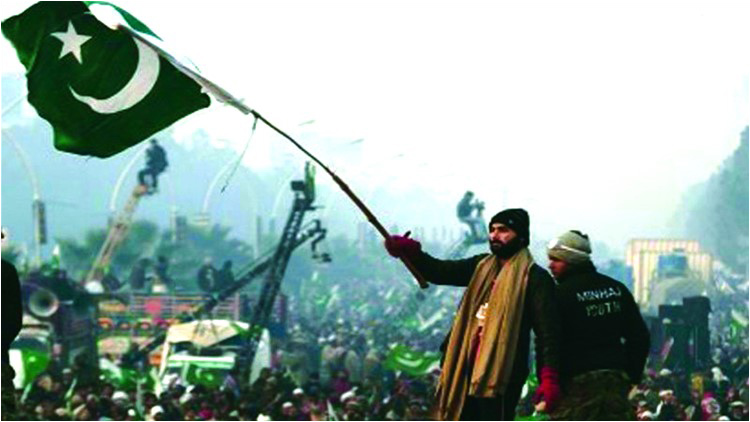
A ubiquitous sense of insecurity with respect to a neighbour ten times its size and demography left one institution overdeveloped at the expense of others, adding further to the country’s democratic deficit.
On other hand, corruption of the political elite has only made matters worse as far as democracy is concerned.
Such a state of affairs incubates an ambience of despair and collective disenchantment in the society.
Interestingly, the history of past decades of democratic stints also reveals that Pakistan could not create a constructive political culture. More often than not the political process has remained steeped in malicious practices. For instance, leg pulling, horse trading, wicked opposition and political shenanigans of comparable ilk have become the norm.
Realistically, opposition plays the first fiddle in any democratic governance. It operates as a check on the activities of the executive and ensures, by way of positive criticism, that power is not misused. In Pakistan, however, the role of the opposition has often been a cause of gloom. It always attempts to create hurdles in the way of constructive policies of the ruling party.
Another reason why democracy failed to take root in the country has been the military’s insatiable thirst for wielding political power. The security-centric approach of the policymaking elite, relative weakness of the civilian institutions compared to that of the military, coupled with lack political leadership invariably set the scene for praetorianism in Pakistan.
The arrival of the PTI on the national horizon represents a break with the dynastic politics of the past. Imran Khan’s election strategy of wooing ‘electables’ to launch himself into the power corridors and his decision to include Pervez Musharaf’s loyalists in his cabinet are more in line with continuity of the past rather than a break from it.
On a positive note, the third regular democratic transition characterises Pakistan’s forward march on the path to democracy. However, electoral democracy, based on the rule of the majority, needs to be supplemented with substantial components of liberal democracy, based on political tolerance and the consent of the minority. Only then can Pakistan experience the essence of a true democracy.
Babar Zehri,
Via e-mail.
Tourism in GB
Madam,
Gilgit-Baltistan (GB) attracts hundreds of thousands of tourists every year. Unfortunately, these tourists are unfamiliar with GB’s topography and must learn to drive carefully.
The government of GB should make a good a traffic plan and depute traffic police and mobile rescue services every 15 miles. Traffic police should educate and guide people regarding safe travelling, and rescue mobile should deal with accidents.
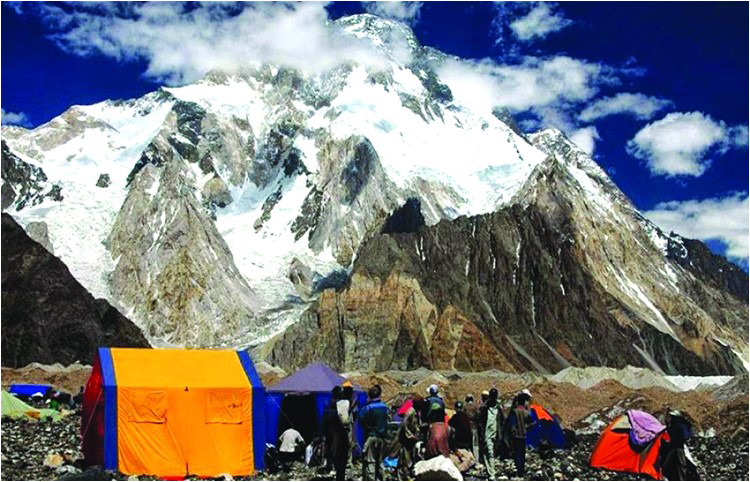
GB also lags behind in health facilities. The government has tried to upgrade hospitals but lack of resources hinders improvement. Owing to scarcity of good hospitals, tourists cannot get treatment in an emergency.
The government should take steps to make Karakoram Highway safer for tourists and upgrade hospitals.
Maria Khan,
Islamabad.
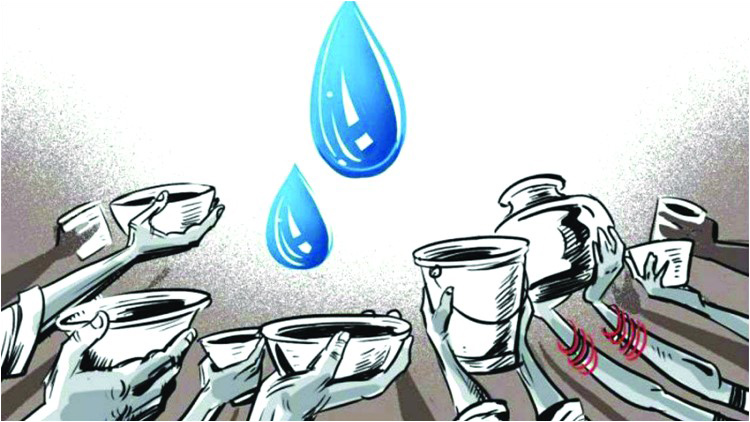
Water crisis
Madam,
I am writing this letter in the hopes that it will get the attention of relevant authorities who could solve the problems of the people of Uthal in Lasbela, Balochistan. Residents of the area have not received water for more than a week and they are living in miserable conditions. It is unfortunate that our government has to be reminded again and again that water is essential for basic survival. People have to travel long distances to get water and pay through their noses so that they can get enough for one day. The provincial government is requested to address this issue as soon as possible.
Waheed Khan,
Via e-mail.

